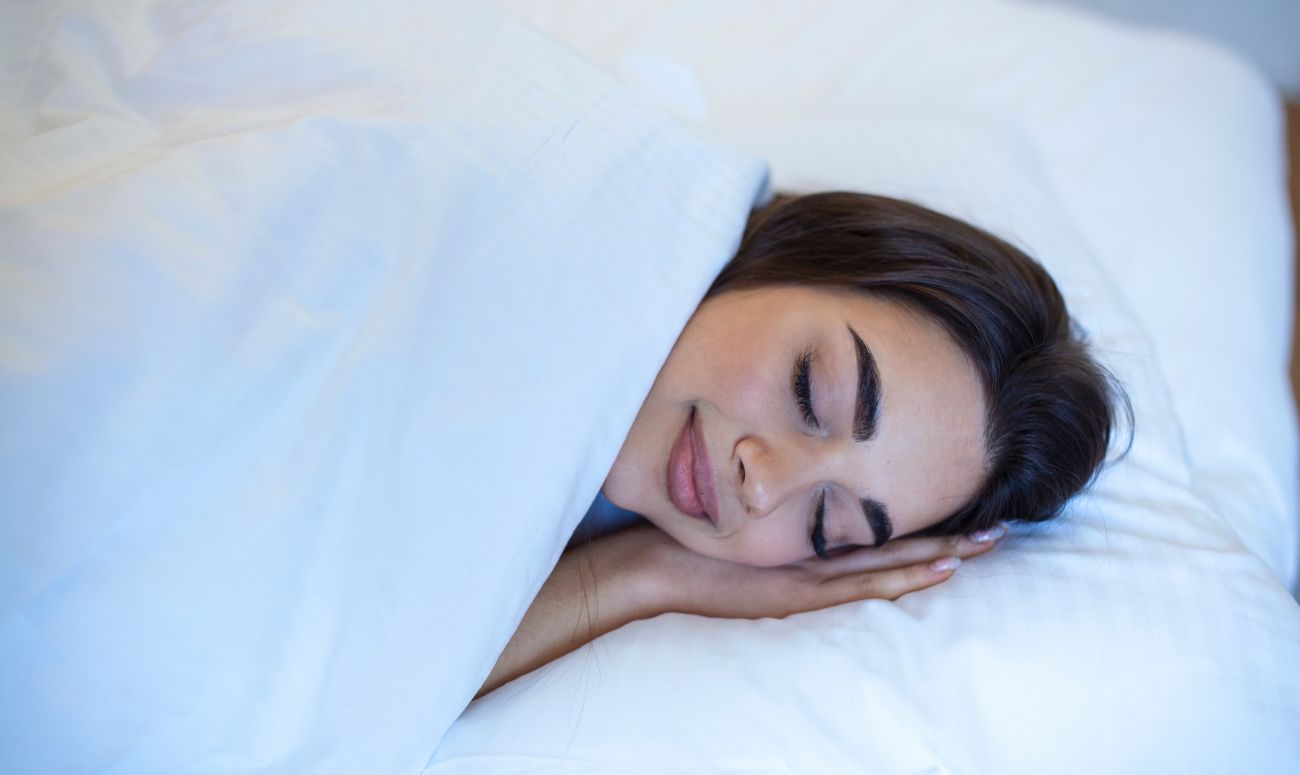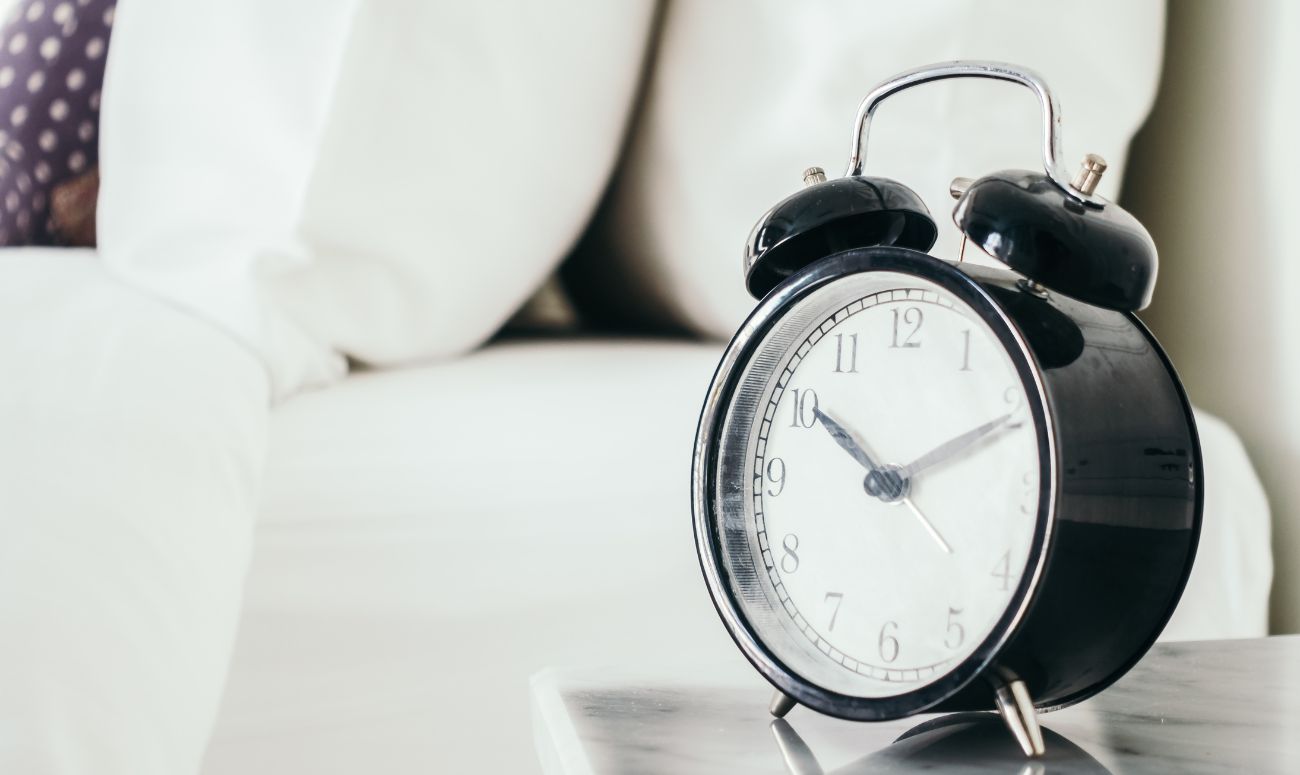To preserve the best possible health and well-being, one must get adequate sleep. Similar to how exercise and a healthy diet can help avoid diseases like heart disease and depression, getting enough sleep, especially all 4 stages of sleep, can do the same.
Sleep is a necessary process that allows your body and mind to recover so that you can wake up feeling rejuvenated. Good sleep is also important for keeping the body illness-free and healthy. The brain cannot function effectively without enough sleep. Your capacity to focus, think clearly, and process memories could be affected by this.
Let’s talk about the 4 stages of sleep, as well as what occurs in each stage.
Why You Need All 4 Stages Of Sleep?
1. Awake
At this stage of sleep, which is the lightest one, a person passes from being awake to being asleep. During this phase, a person’s breathing, heartbeat, eye movements, and brain waves all slow down. Your heart rate, breathing, and eye movements start to slow down as your muscles rest. Your brain waves, which are active when you are awake, also start to calm down. Just 5% of a person’s total sleep time is normally spent in stage 1, which typically lasts for several minutes at a time.

2. Light Sleep
Your heart rate and breathing rate continue to slow down during this second sleep stage, which is characterised by deeper sleep as your muscles become more relaxed. Your body temperature will drop, and your eye movements will stop. Brain waves also stay sluggish, with only a few brief bursts of high frequency activity. The second stage of sleep is usually the longest.
3. Deep Sleep
Your brain waves slow down when you enter this deeper stage of sleep, which puts an end to your ability to move your eyes or your muscles. This phase is critical to your being rested and awake the next day. The muscles are as relaxed as they can be, and the levels of heartbeat, breathing, and brain wave activity are all at their lowest points. This stage will start out lengthy and get shorter as the night goes on.

4. REM Sleep
Rapid eye movement, or REM, is the fourth stage of sleep. The REM stage lasts for around 10 minutes the first time. REM might last up to an hour when your sleep cycles come to a close. Your eyes will travel quickly back and forth under your eyelids, as the term implies. Blood pressure, heart rate, and breathing rate will start to rise. Your arms and legs will normally go paralysed as you dream, which is thought to be an attempt to stop you from physically acting out your dreams. This usually happens during REM sleep. As the night wears on, each REM sleep cycle begins to last longer.
The stages of sleep are crucial because they enable the body and brain to recover and grow. Some of the severe effects of inadequate sleep on thinking, emotions, and physical health may be explained by failing to get enough REM and deep sleep. Those who regularly wake up during the earlier stages of sleep, such as those who have sleep apnea, may find it difficult to cycle into these deeper sleep stages. People who have insomnia might not receive enough sleep overall to complete each step in the required amount of time.
Must Read: Pink, White, Brown, Or Black Noise: Which One Can Help You Sleep Better?
5 Tips To Help Increase The Quantity And Quality Of Your Sleep Cycles
1. Set a Time
Unreliable schedules can lead to sleep problems. Consider setting a wake-up and bedtime for every day, even the weekends and days off.

2. Stop Scrolling
Studies have shown that using electronics for 30 minutes before bed might lead to less restful sleep. Consider establishing a “no gadget in the bedroom” policy to see if it helps if you believe this is a contributing factor to your sleep issues.
3. Avoid Alcohol and Caffeine Before Bed
Although alcohol can interfere with sleep patterns in the sleep cycle, caffeine is also a well-known stimulant because it reactivates the digestive process while your body is trying to sleep. It can interfere with sleep.
4. Exercise for Better Sleep
Your ability to fall asleep more quickly can be improved by physical activity during the day.
5. Make Your Bedroom the Ideal Place to Sleep

Consider reducing the temperature of your bedroom, removing any harsh light sources, using a fan or noise machine to drown out distracting noises, or any other changes you may make to improve the quality and length of your sleep.
Knowing the stages of sleep will allow you to understand your sleep patterns, which you can improve for a complete night’s rest.
Read More: 6 Mindful Summer Activities For Happy, Balanced Kids
Like & Follow ThinkRight.me on Facebook, Instagram, Twitter, Pinterest and Telegram to stay connected.






























